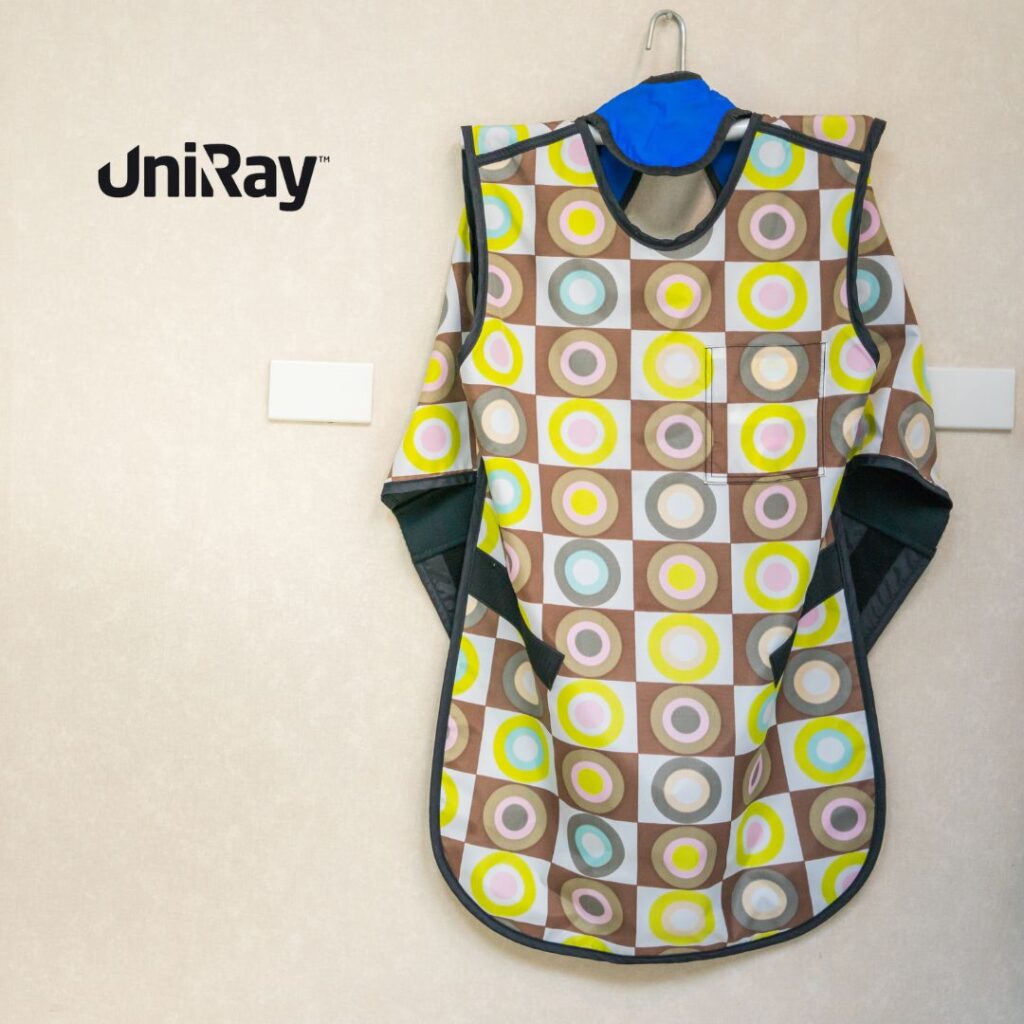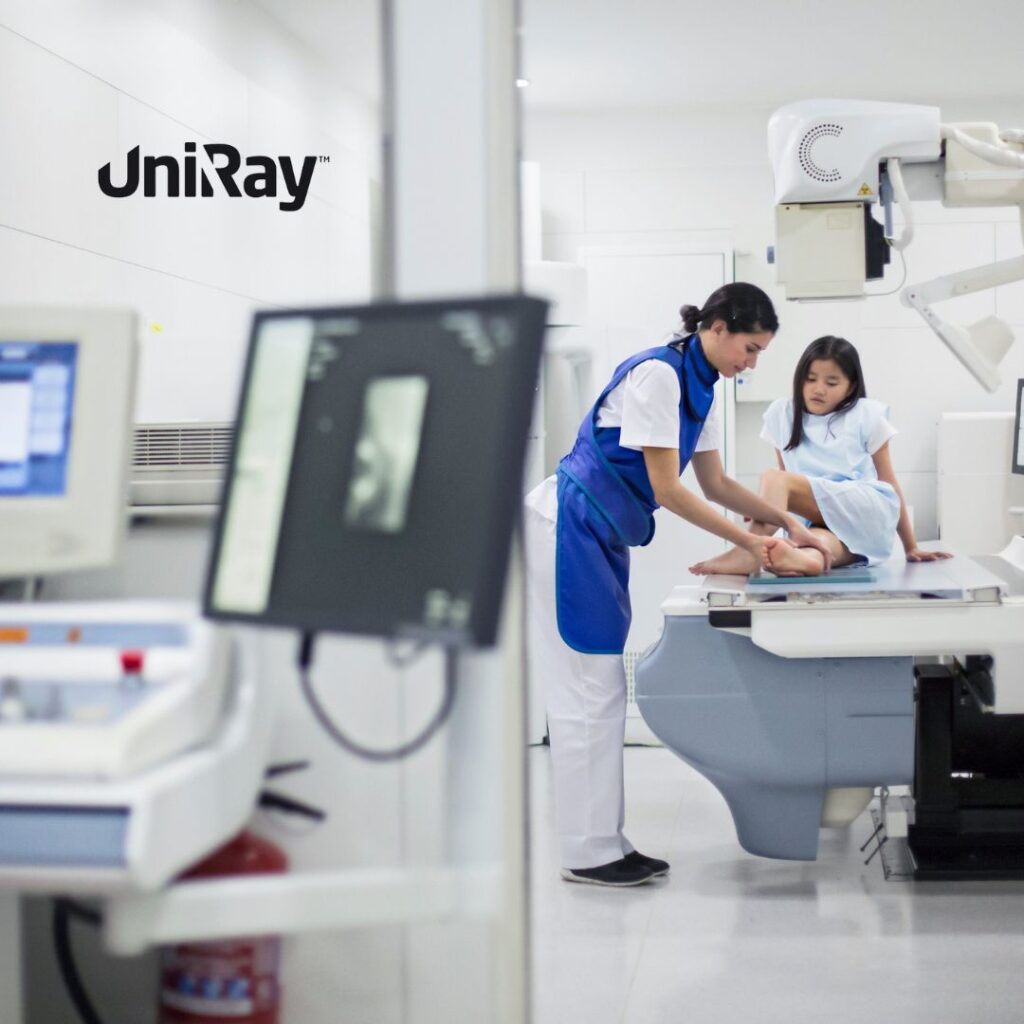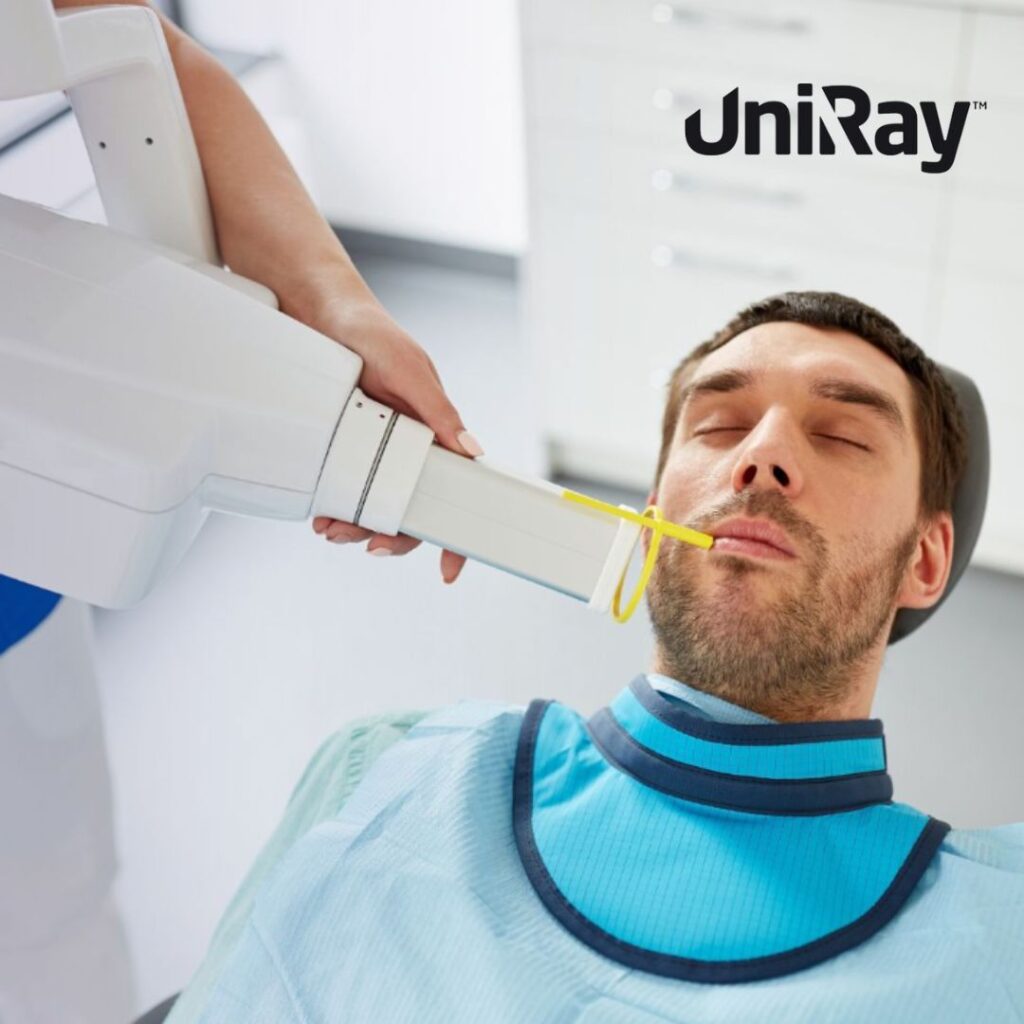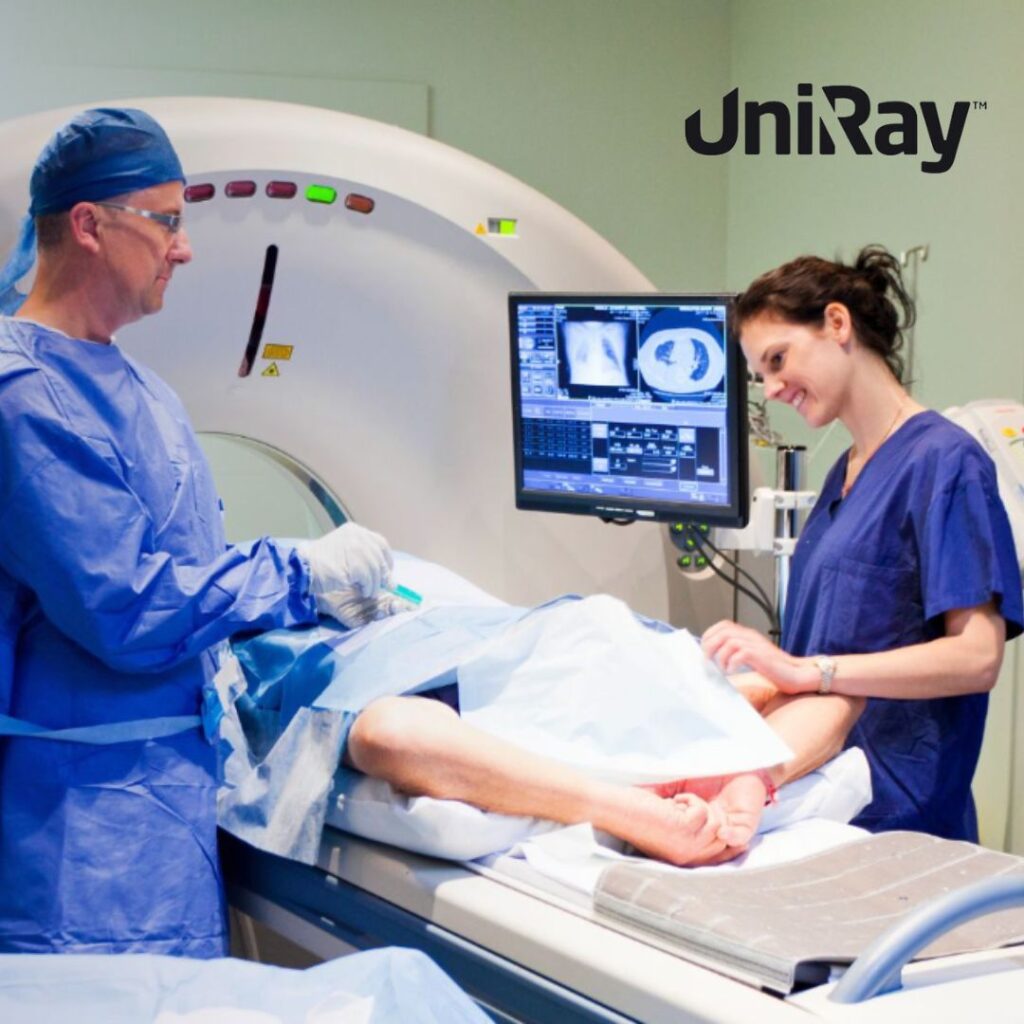UV Protection on Eyeglasses: Essential for Healthcare Professionals in Clinics & Hospitals
What Is UV Protection on Eyeglasses?
UV protection on eyeglasses refers to a coating or lens material that blocks harmful ultraviolet radiation (UVA and UVB). In healthcare settings—particularly in surgical theaters, outpatient clinics, and diagnostic labs—staff are regularly exposed to artificial light sources that emit UV radiation, increasing the risk of ocular damage over time.
For healthcare workers, prolonged exposure can lead to:
Cataracts
Macular degeneration
Dry eyes
Corneal sunburn (photokeratitis)
Investing in UV-protected eyewear ensures your staff’s long-term vision health while maintaining compliance with occupational safety protocols.
Why UV Protection Matters for Medical Staff
From long hours under fluorescent and halogen lights to time spent near digital screens and radiological devices, medical staff are surrounded by eye stressors. Add in the growing use of UV sanitizing devices, and the risk multiplies.
UV-blocking lenses protect eyes from:
Ambient radiation in diagnostic rooms
High-lumen surgical lighting
Digital eye strain
Blue-light emissions from screens
For surgeons, nurses, radiologists, and technicians, these lenses provide critical eye safety during routine procedures and extended shifts.
Do Personal Eyeglasses Provide Protection in the Laboratory or Medical Imaging Room?
This is a common misconception in hospital environments. While personal eyeglasses may include basic UV protection, they do not meet radiation safety standards necessary for diagnostic imaging or interventional procedures.
In departments such as:
Radiology
Interventional cardiology
Dental surgery
Nuclear medicine
…eyewear must do more than block UV rays—it must shield eyes from ionizing radiation, scatter rays, and particle exposure.
Regular prescription glasses lack the shielding power required to comply with radiation protection protocols, putting healthcare staff at risk of long-term vision complications.
The Safer Solution for Clinics & Hospitals: X Ray Spectacles
To ensure comprehensive eye protection in clinical settings, hospitals should equip their radiology and diagnostic staff with x ray spectacles. These are specially engineered with:
Lead-lined lenses (usually 0.5mm Pb equivalency)
Wrap-around protection for side shielding
ANSI/CE certified frames
Prescription lens integration options
Anti-scratch and anti-fog coatings
Designed for all-day comfort and maximum shielding, these spectacles significantly reduce occupational exposure to scatter radiation during procedures such as:
Fluoroscopy
Mammography
CT scans
Orthopedic imaging
Dental X-rays
Do Hospitals Need Separate Safety Eyewear for Each Department?
Yes. Each department comes with unique exposure levels and risk factors. Here’s a breakdown:
1. Radiology Departments
Must use certified x ray eyewear for CT, MRI, and fluoroscopy procedures.
2. Dental Clinics
Panoramic and intraoral X-rays require leaded glasses to protect the operator and assistants.
3. Operating Theaters
Eye protection against surgical lights and UV exposure is vital.
4. Laboratories
Chemical splash and radiation protection glasses should be standard-issue for lab techs.
By standardizing protective eyewear, clinics ensure compliance with OSHA, NRC, and local medical board regulations.
Can Radiation Eyewear Be Customized for Staff?
Absolutely. x ray spectacles are available in:
Custom prescriptions for individual clarity
Various frame styles to suit comfort and utility
Adjustable fits for long-duration wear
Lightweight materials to reduce fatigue
This makes them ideal for hospitals looking to balance safety with staff well-being.
Procurement Tips for Healthcare Institutions
When sourcing radiation eyewear for your hospital or clinic, ensure:
Certification by ANSI Z87.1, EN 166, or IEC standards
Minimum 0.5mm Pb equivalency
Full-coverage designs
Easy maintenance and disinfection compatibility
Also consider purchasing in bulk for departments with high rotation or shared use.
Final Thoughts
To recap:
UV protection on eyeglasses is essential—but insufficient alone for clinical safety in radiation-prone environments.
Personal prescription glasses do not offer adequate shielding in hospitals, labs, or imaging centers.
For full compliance and protection, hospitals should equip staff with x ray spectacles—especially in radiology, surgery, and diagnostic departments.
By implementing certified radiation eyewear into hospital SOPs, healthcare leaders not only protect staff but also uphold patient care standards through safer, more compliant medical environments.



